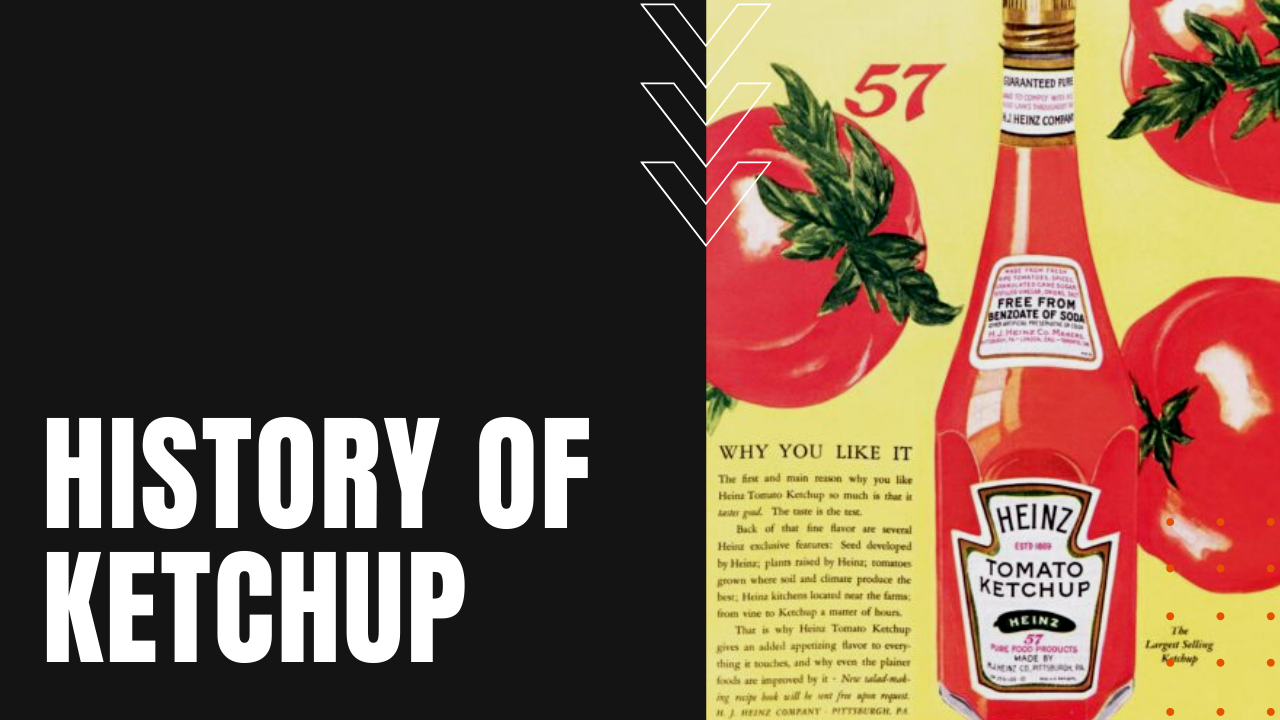History of Ketchup: From Chinese Fish Sauce to Heinz

While tomato plants arrived into England from South America as early as the 1500s, tomatoes were first considered poisonous, but in truth, wealthy Englishmen ate tomatoes on lead pewter plates, which caused the acids in tomatoes to leech lead from the plate, causing many a nobleman to die from lead poisoning.
When Was Ketchup Invented?
Instead, the predecessor for today’s tomato-based ketchup harkens back to southern China as early as 300 B.C.E., when a fermented fish sauce called “ge-thcup” or “koe-cheup” became highly valued for its long shelf-life by early mariners on long ocean voyages.
The paste spread out along trade routes to the Philippines and Indonesia, where British sailors and traders took a liking to the salty condiment by the early 1700s. Known as the golden age of ketchup, in the 18th century, British cookbooks offered recipes for ketchups made from oysters, walnuts, lemons, celery and fruit, creating salty, spicy concoctions that lasted for great lengths of time without spoiling, leading to perennial favorites like “Prince of Wales” ketchup made of elderberries and anchovies, along with mushroom ketchup, which was Jane Austen’s favorite flavor.
Who Invented Ketchup?
The first tomato-based ketchup debuted in 1812, when Philadelphia scientist James Mease developed the first recipe for “love apples,” as the tomato was known, since many believed the lowly tomato made for a powerful aphrodisiac.
Early recipes broke down rather rapidly at first, until a relatively-new company called Heinz added vinegar to their formulation in 1876, which preserved ketchup for great lengths of time.
Heinz would also pioneer the use of glass bottles, which allowed consumers to see what they were buying.
Today, ketchup is found in 97 percent of American households, while Heinz alone sells more than 650 million bottles to ketchup-thirsty Americans each and every year. Drizzled on hamburgers and french fries, ketchup manufacturers churn out some 12 million tons of ketchup each year, with retail sales topping out at just under one billion dollars a year, making ketchup an American staple in the mouths and hearts of diners everywhere.
